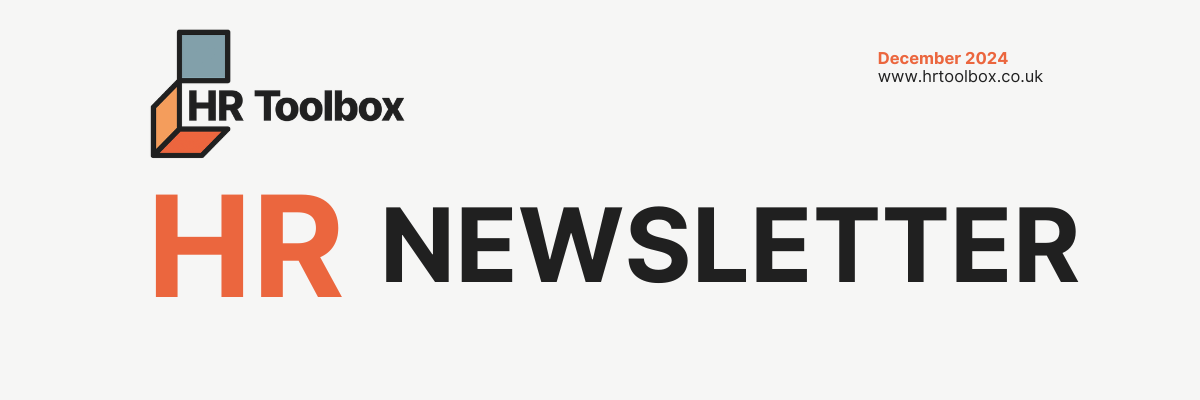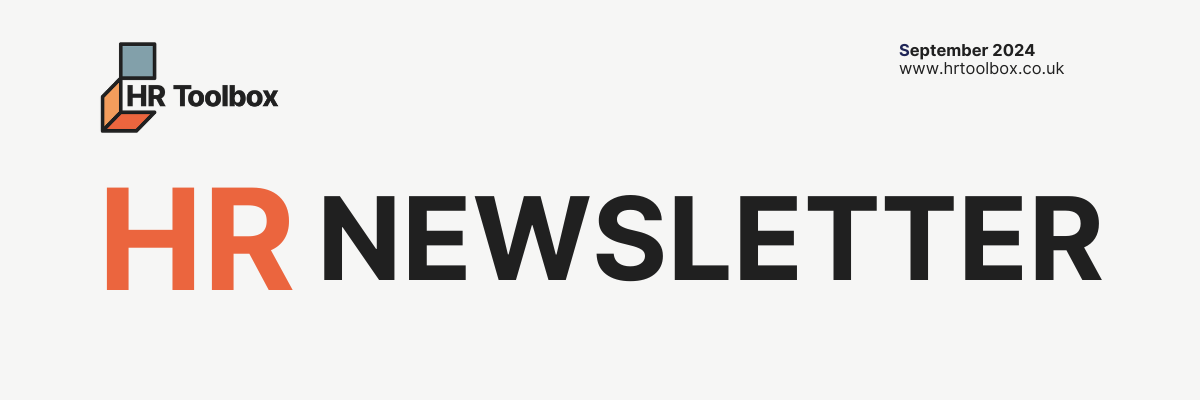Deliveroo riders are not employees
The decision is a win for gig economy companies...

The Supreme Court said people working for Deliveroo couldn't be considered employees because they don't have specified hours, can work for rival companies, and can appoint someone to work in their place.
The arrangement between Deliveroo and its riders is "fundamentally inconsistent with any notion of an employment relationship", its judgment said.
Deliveroo riders had sought collective bargaining rights and the case was brought by the Independent Workers Union of Great Britain (IWGB).
They had tried to negotiate pay and conditions with the company, but were refused in 2017 as the members did not meet the definition of a worker under UK law.
A series of appeals were launched, culminating in the Supreme Court decision, which said they cannot benefit from union membership as they do not meet the definition of a worker or employee.
The IWGB had argued Deliveroo unlawfully interfered with riders' human rights by denying their application to be recognised for collective bargaining purposes.
Workers, under UK employment law, cannot be discriminated against nor have unlawful wage deductions - but don't receive the full range of legal rights conferred on employees.
Just over two years ago, Uber lost it's Supreme Court challenge and drivers were recognised as workers, not independent third-party contractors, meaning they are entitled to basic employment protections such as the minimum wage.
In the Uber case, judges concluded that drivers are "in a position of subordination and dependency to Uber, such that they have little or no ability to improve their position through professional or entrepreneurial skills".
The IWGB said it was disappointed at the Deliveroo ruling and was considering its options.
"Whether reflected in legislation or not, couriers are joining the union in ever bigger numbers and building our collective power to take action and hold companies like Deliveroo to account," a statement said.
"Our strength lies not in court rulings but in our unity as a workforce coming together to demand change."
A Deliveroo spokesperson said: "UK courts repeatedly and at every level have confirmed that Deliveroo riders are self-employed, and this now includes the Supreme Court, the highest court in the country. This is a positive judgment for Deliveroo riders, who value the flexibility that self-employed work offers."
Get In Touch
We will get back to you as soon as possible
Please try again later

ABOUT US
HR Toolbox have over 20 years HR experience in the private & public sectors. Our customers love us as we give them the 1:1 HR support, tools, and software to help save them time, reduce risk, improve their employees experience and protect themselves.
SERVICES
Website built by - Mission Three60 LTD










